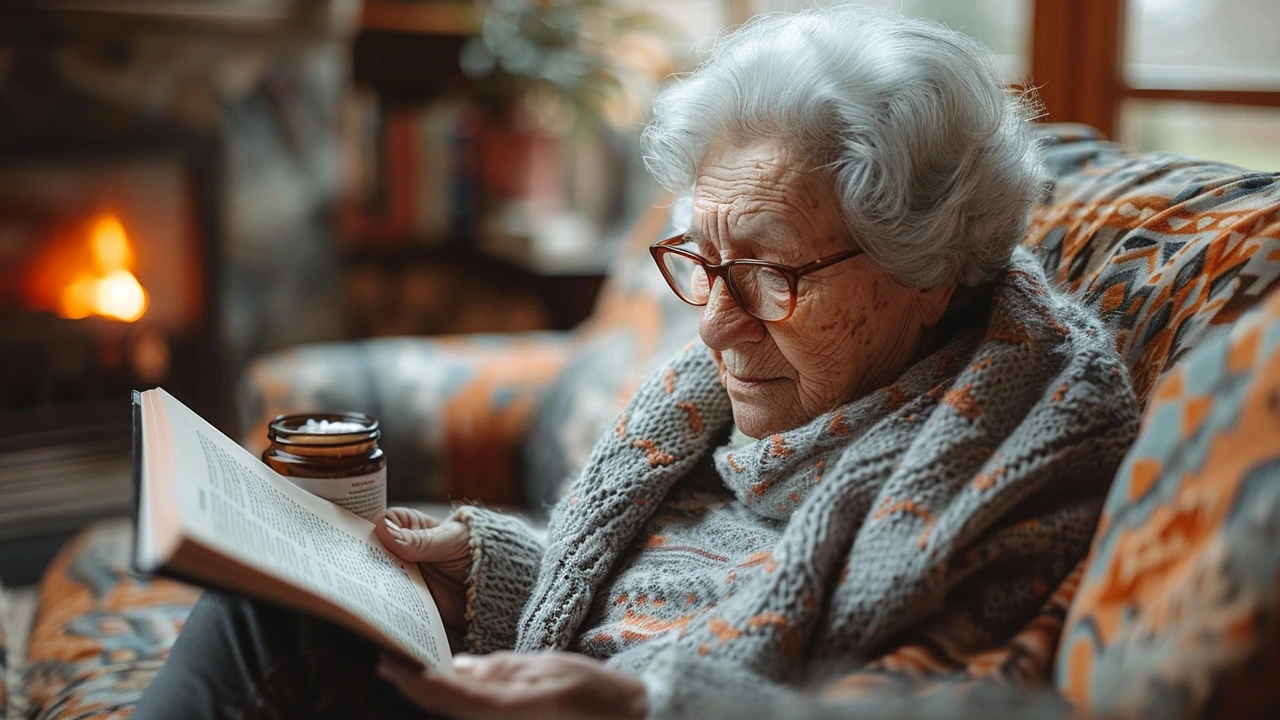Menopause is a normal stage in a person’s life when periods stop and hormone levels change. It usually happens in your late 40s to 50s but can come earlier for some. You don’t have to suffer in silence—there are practical steps and treatments that work for most people.
Hot flashes and night sweats are the most famous signs: sudden warmth, flushing, and sweating that can disrupt sleep. Vaginal dryness can make sex painful and increase urinary infections. Mood swings, low energy, trouble sleeping, and memory slips are also common. Heavy or very irregular bleeding, sudden severe symptoms, or thoughts of self-harm need prompt medical attention. Ask your provider about a bone density test if you have early menopause, a family history of osteoporosis, or other risk factors.
Menopause increases long-term risks like bone thinning and changes in heart health. That doesn’t mean illness is inevitable—simple checks and prevention help a lot. Talk with your doctor about monitoring bone density and heart risk factors such as blood pressure and cholesterol.
Hormone replacement therapy (HRT) is the most effective option for hot flashes and vaginal symptoms. It usually means estrogen alone if you had a hysterectomy, or estrogen plus progestin if you still have a uterus. HRT can also protect bone health but isn’t right for everyone. Discuss benefits and risks with your clinician, especially if you have a history of blood clots, certain cancers, or stroke.
If you prefer non-hormonal choices, several medicines and strategies help. Some antidepressants and gabapentin reduce hot flashes. Vaginal moisturizers and low-dose vaginal estrogen treat dryness with minimal systemic exposure. Regular weight-bearing exercise and strength training protect bones—aim for at least two sessions a week. For sleep, keep a cool bedroom, avoid heavy meals and screens before bed, and try a consistent bedtime routine.
Small everyday changes often make a big difference. Dress in layers and choose breathable fabrics like cotton. Use a fan at night and a cool pillow if night sweats wake you. Cut back on alcohol and caffeine if they trigger hot flashes. Stop smoking—it worsens symptoms and raises heart and bone risks. For mood and stress, short daily walks, guided breathing, and talking therapies like CBT can help more than you might expect.
Supplements like calcium and vitamin D support bones—many doctors recommend about 1,200 mg calcium and 800–1,000 IU vitamin D daily for older adults, but check with your provider before starting anything. Be cautious with herbal remedies; their quality and safety vary. Always tell your doctor about any over-the-counter therapy you’re using.
Menopause is a transition, not a disease. With the right information, medical checks, and simple lifestyle fixes, most people feel a lot better. If symptoms affect daily life, reach out to a healthcare professional to build a plan that fits you.

Discover the role of Ethinylestradiol BP in managing menopause symptoms. Learn about its benefits, potential side effects, and tips for safe use. This article explains what women should know to make informed decisions about hormone therapy during menopause.
READ